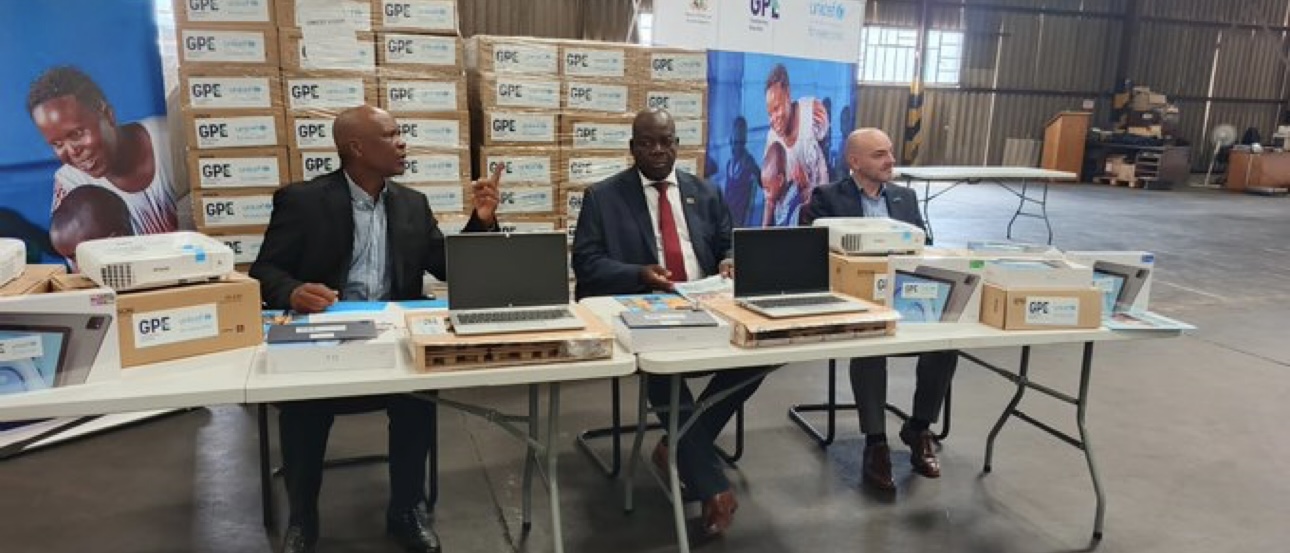BY NOKUTHABA DLAMINI
Thirty three year-old Nakai Shoko has lofty dreams to become a political leader to help uplift her community in Victoria Falls.
Shoko, a University of Zimbabwe political student, believes women need to be involved in politics to influence policies meant to promote equality and their participation in the economy.
The vibrant mobiliser and orator, however, is not encouraged by the political landscape because of a plethora of bottlenecks for aspiring female politicians.
Although Zimbabwe’s has in recent years enacted laws and introduced constitutional provisions to promote gender parity in governance systems, women still struggle to break the barriers.
Zimbabwe is a signatory to declarations that include the 2008 Sadc Protocol on Gender and Development, which calls for 50% female representation in decision-making positions by women by 2015.
The country’s 2004 National Gender Policy also calls for “redress the numerical gender imbalances in decision making and politics by increasing the numerical representation of women to 52 person.”
Shoko feels the legal instruments are yet to find expression in political parties to encourage women to campaign for positions.
“My ambitious dream began in 2013, but I’m still hesitant to join political parties as there is very little support for female politicians, even at local level,” she said.
“I have tried to join various political parties as just an ordinary youth, but whenever it is time for primary elections the squabbles begin and even our leaders refuse to listen to any woman, who tries to remind them of the political declarations whenever they want to grab power.
” I have so much passion for human rights issues and my wish is to make a difference in my home town.”
Shoko said she enrolled for a political science degree in 2019 to prepare for a career in leadership.
Her story resonates with that of Lenziwe Bhaudi from Binga North, who wants to contest in the ruling party’s primary elections for the 2023 parliamentary polls.
Bhaudi said even though, the declarations are a positive development which counter balances in the electoral system viewed by some as highly competitive and not friendly to women who have ambitions to become politicians , their practical implementation of them is far from being a reality.
“I have often witnessed some female politicians being beaten, victimised and at times burnt while sleeping in their homesteads just for challenging male candidates,especially in primary elections,” she said.
“My drive to join politics has been let down by the unwillingness of politicians and government to lobby for 50/50 participation of women despite multiple declarations promoting women and men in all spheres.
” As youths, we want to be able to speak up and represent the people even in rural areas, but that’s proving to be difficult because I tried in 2018 and l failed, and going for another trial when legal frameworks and declarations are not being implemented will slow my chances of giving it another try.”
In Zimbabwe, women make up 52.3 percent of the population but the political leadership of the country’s legislative bodies and local authorities is dominated by men.
Statistics from the Zimbabwe Electoral Commission (ZEC), show that 54 percent of the registered voters during the 2018 elections were women yet their participation in electoral and governance processes – where decisions regarding their lives are made – remains peripheral.
According to a 2018 study by Gender Links, a regional organisation promoting equal participation by women and men in all applications of private and public life, the Sadc and national declarations have been dwindling especially in Zimbabwe’s local government elections.
It says out of 6 800 candidates, who contested for seats in the country’s 92 local authorities, only 1 756 or 17 percent were female and overall results indicated that only 14 percent was won by women.
However, for political activist Mirriam Moyo from Hwange, strongly believes all is not lost for female politicians in Zimbabwe.
“The mindset change has to start from primary elections at ward level,” Moyo said.
“There is still a chance and we will push for that until everyone comes on board in the district regardless of political differences.
“Women are determined and what is lacking is the implementation of declarations and discipline.
“So there is still time to correct that and plans to begin the campaign are underway.”
Although the constitution requires all political parties to meet the constitutional provisions on gender parity and equal political opportunities, patriarchy remains widespread, and there seems to be a deliberate reluctance by political parties to appreciate the need for affirmative measures towards gender parity.
The very low percentage of women successfully nominated, or directly elected, is evidence that political parties tend to favour male candidates over females for local and constituency seats.
“It goes without saying that when the electoral environment is patriarchal and prejudiced, women are automatically marginalised and declarations put aside,” Moyo said.
In order to achieve significant representation of women, Gender Links recommends that Zimbabwe not only requires a gender sensitive legislative framework, but political will from those in power.
The composition of candidates for the 2018 elections indicates that political parties have largely ignored a commitment to gender balance.
Despite coming up with good policies, Zimbabwean political parties have failed to implement them, as they continue to allow other ‘political’ considerations to take precedence in the fielding of candidates.
Out of the 47 political parties that fielded candidates in the National Assembly, only 27 fielded at least one female candidate.

 Slider3 years ago
Slider3 years ago
 National4 years ago
National4 years ago
 Tourism and Environment4 years ago
Tourism and Environment4 years ago
 Special reports4 years ago
Special reports4 years ago
 Opinion4 years ago
Opinion4 years ago
 National4 years ago
National4 years ago
 National3 years ago
National3 years ago
 National3 years ago
National3 years ago



